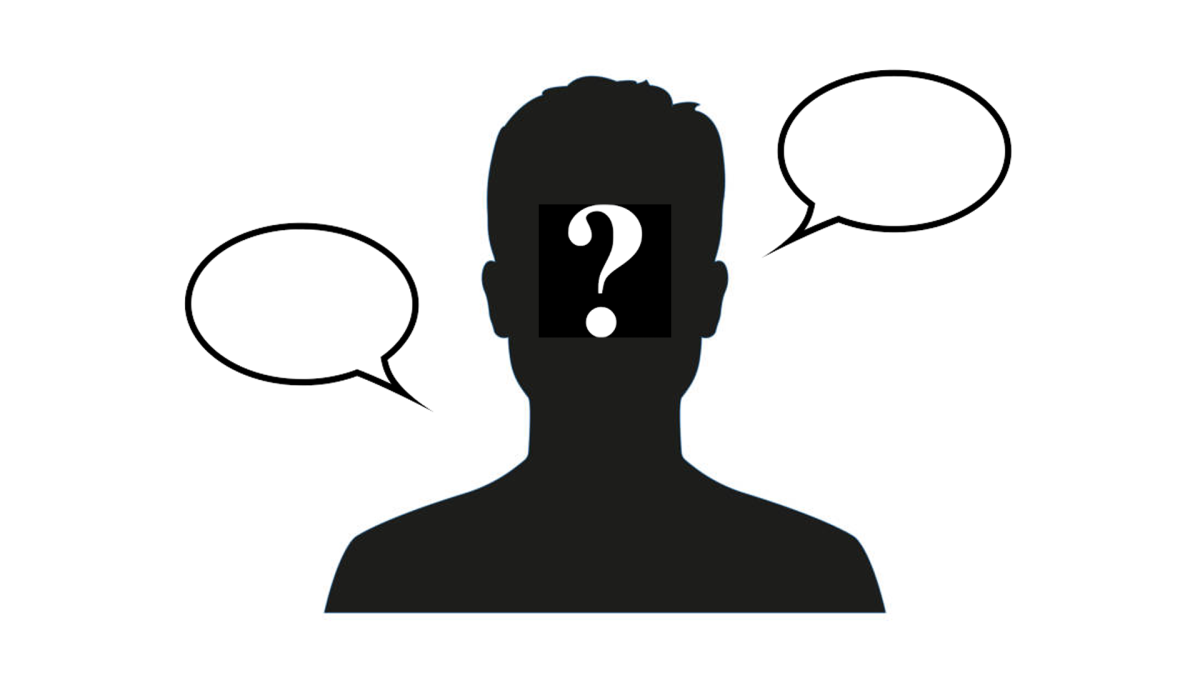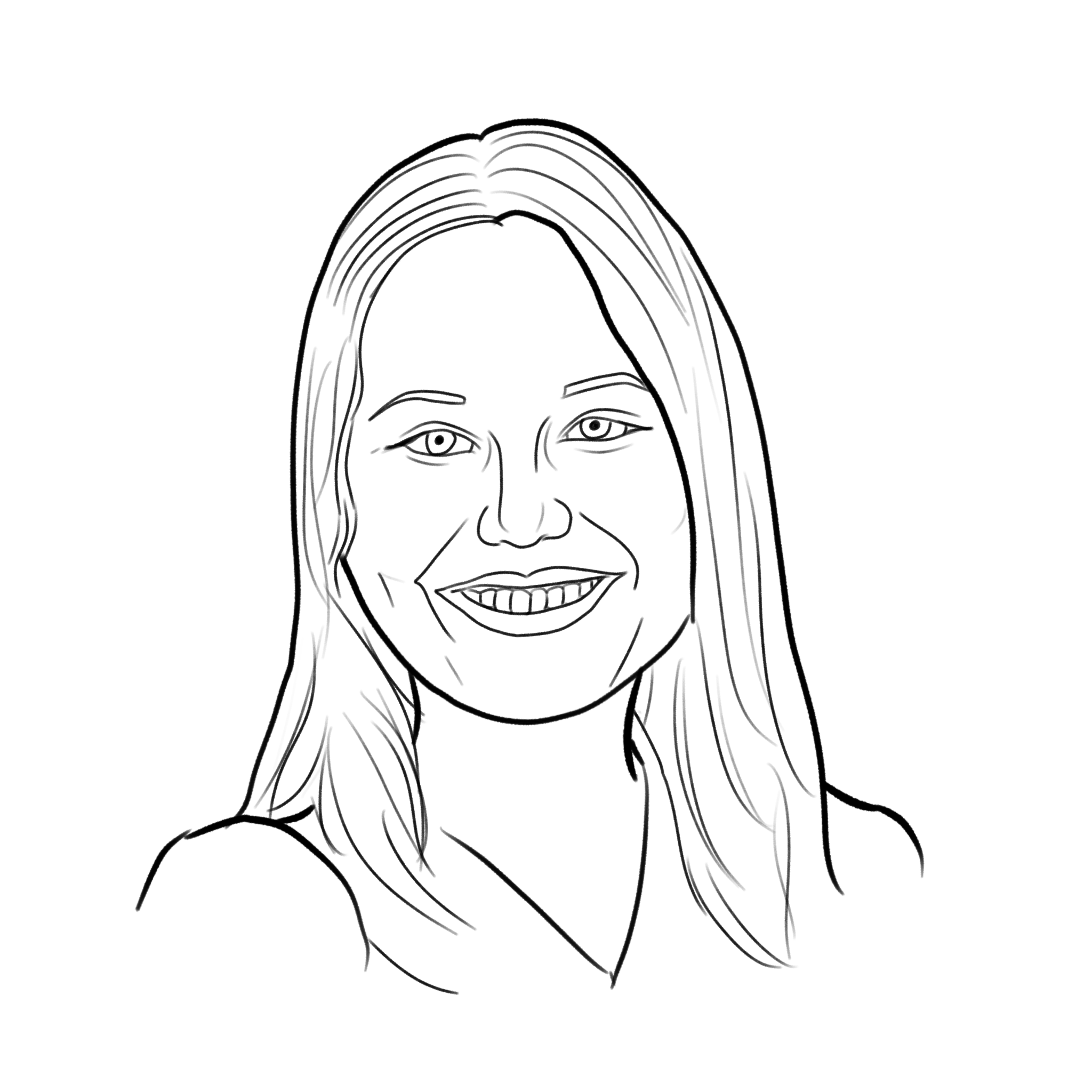
When The Nobleman introduced anonymous quoting for certain sensitive topics at the start of the school year, few could have predicted how dramatically it would reshape student expression within the student paper. What began as a tool for discussing controversial topics at the discretion of writers and editors has transformed into students’ preferred method of sharing their opinions. This shift reveals a deeper truth about school culture: students increasingly fear attaching their names to their opinions.
The surge in anonymity requests, even for seemingly “safe” topics and harmless quotes, highlights the level of judgment that exists within the community. Despite The Nobleman’s mission to serve as the student voice within the community, many students now feel intimidated by talking with Nobleman staff. Rylan Singh (Class I) said, “There’s definitely a level of fear in some people to talk to The Nobleman because it’s a paper that’s read by the entire school and you don’t want to say something ‘wrong.’” Additionally, students veer away from participating in interviews for fear of impacting community members’ perspectives of them. “If I’m putting my name out there, I don’t want people to think of me differently because of my opinions,” Vanessa Ellis (Class II) said. Similarly, Andrew Humphrey (Class II) said, “Talking to The Nobleman can be a little scary because I don’t want any interview to affect my teachers’ or classmates’ perceptions of me.”
“Talking to The Nobleman can be a little scary because I don’t want any interview to affect my teachers’ or classmates’ perceptions of me.”
The tension between authentic expression and social pressure seems to drive students away from sharing their opinions. “In certain articles, like political ones, people might be afraid to share their opinions for fear of being judged by their classmates,” Carina Grossman (Class II) said. This hesitation seems to stem from a fundamental worry regarding social dynamics and having an unpopular opinion. “Nobody wants to be quoted saying something that a lot of their friends or teachers might disagree with because it puts you in an awkward position,” Humphrey said. However, this fear among students may be more perceived than real, as Humphrey said, “I think the fear of being judged is more in people’s heads than in reality. I think it’s cool to read people’s differing opinions and learn more about them.” Thus, students should feel comfortable sharing their opinions with The Nobleman and being brave enough to put their name behind their thoughts
Yet, this dynamic is not only limited to the sharing of opinions in The Nobleman; behind classroom doors and in conversations between friends, students grapple with the ability to speak freely. “If your opinion is not with the majority of people’s, you tend to stay more silent,” Singh said. Social media, always in the background of students’ lives, also serves as a forum for judgment. Payton Maley (Class III) said, “If you see something on social media that you agree with, but then you see that person getting backlash, it makes you not want to say something similar because you don’t want people to judge you.” The perceived need to not say anything “wrong” discourages students from sharing their views. Grace Curran (Class III) said, “It’s hard to say the right thing all the time because if you don’t and screw up once, people are going to remember that.” This pressure appears to be fueled by cancel culture, a form of public shaming where individuals or groups face backlash and social consequences for statements deemed offensive or problematic: “There’s for sure widespread cancel culture within the school,” Ellis said. Consequently, judgment and fear rule the halls, and students face moments where, as Grossman said, “Kids are openly judgmental about things that other people say.”
“There’s for sure widespread cancel culture within the school.”
The strong liberal tendency of the Nobles community has created an environment where students feel pressured to conceal some opinions or risk social consequences. “Nobles is very liberal. I definitely think that if there were more diverse views, the dialogue would be better, and the whole notion of cancel culture would die down,” Mariame Diagana (Class II) said. The pressure to conform to certain liberal-leaning perspectives has become so intense that students may find themselves considered castaways for sharing a different perspective. Christian Weller (Class III) said, “Nobles feels like a bubble where everyone’s expected to have the same views, and you’re put into an enemy group if you have a different view.” This dynamic has led many to seek the shield of anonymity, a concerning trend where authentic discourse is sometimes sacrificed in favor of perceived social safety.
Students voiced that the school must confront the cancel culture within the community more openly. Diagana said, “I definitely think there needs to be more done to address cancel culture. By not talking about it, it creates a more tense environment.” Being more willing to share opinions openly would be a step to counter cancel culture. “Everybody needs to feel entitled to their opinion in this community. I don’t think there should be a culture where people are scared to give their names in an interview because they think they’re going to be judged,” Humphrey said.
“Nobles feels like a bubble where everyone’s expected to have the same views, and you’re put into an enemy group if you have a different view.”
However, students’ apprehension about sharing their opinions in The Nobleman goes beyond fear of judgment from peers. Many students care about their teachers’ views of them and fear that by sharing an opinion their teachers may disagree with, they will be penalized. “I think that kids are definitely worried that if they say something wrong or share an opinion, that their teacher might give them a bad grade or think of them as a worse student if they disagree,” Weller said. Outside of the gradebook, students consider their relationships with teachers and how their perspectives may impact them before sharing their views. Singh said, “I don’t think I’m worried about the grade my teacher will give me if my opinion is different than theirs. I’m definitely more worried about the relationship I have with that teacher.” In this place of learning, it is crucial for Nobles students to be able to develop and share their own ideas and diverse perspectives, all while standing behind their opinions. While anonymous quotes in The Nobleman are sometimes helpful, transitioning away from this culture of anonymity would strengthen validity and discussion within the community. As Diagana said, “At the end of the day, we’re all one student body with an emphasis on student. We’re all still learning.”
